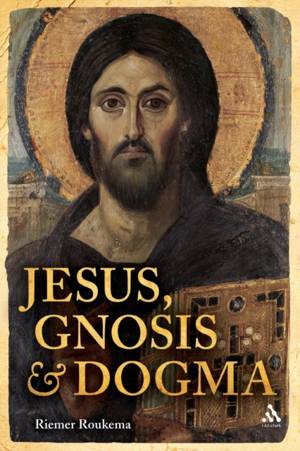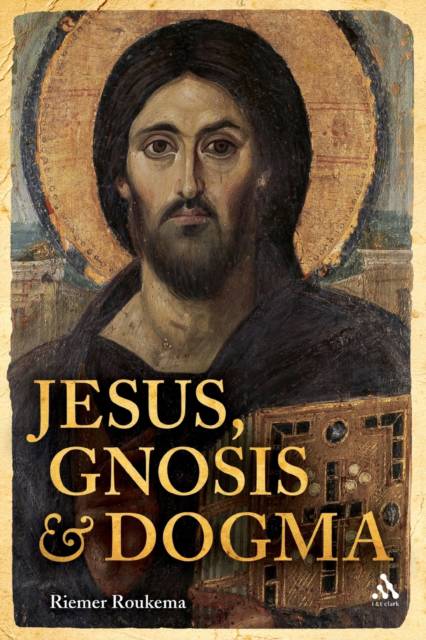
- Afhalen na 1 uur in een winkel met voorraad
- Gratis thuislevering in België vanaf € 30
- Ruim aanbod met 7 miljoen producten
- Afhalen na 1 uur in een winkel met voorraad
- Gratis thuislevering in België vanaf € 30
- Ruim aanbod met 7 miljoen producten
Zoeken
Omschrijving
In Jesus, Gnosis and Dogma Roukema investigates and assesses the various views of Jesus in early Christianity, basing his approach on a distinction between historical and theological statements about Jesus. Historical statements can be arrived at through a critical study of the earliest records, although Roukema recognizes that scholars differ widely here. Theological statements about Jesus are to do with what has been and is believed about him.
Roukema demonstrates that Gnostic traditions about Jesus mostly derive from the earlier traditions preserved in the New Testament writings and do not give a more accurate view of the historical Jesus. He shows that the view of Jesus as the divine Lord (Yahweh) and Son of God is inspired by an early Jewish pattern that was exploited by the very first Christians. In spite of some later dogmatic precisions, there is more continuity between the New Testament picture of Jesus and the Nicene creed than between the historical Jesus and the Jesus of early Gnosticism. Even the essence of the Trinitarian dogma appears to have Jewish roots.
Specificaties
Betrokkenen
- Auteur(s):
- Vertaler(s):
- Uitgeverij:
Inhoud
- Aantal bladzijden:
- 256
- Taal:
- Engels
Eigenschappen
- Productcode (EAN):
- 9780567466426
- Verschijningsdatum:
- 22/04/2010
- Uitvoering:
- Paperback
- Formaat:
- Trade paperback (VS)
- Afmetingen:
- 155 mm x 231 mm
- Gewicht:
- 385 g

Alleen bij Standaard Boekhandel
+ 125 punten op je klantenkaart van Standaard Boekhandel
Beoordelingen
We publiceren alleen reviews die voldoen aan de voorwaarden voor reviews. Bekijk onze voorwaarden voor reviews.











